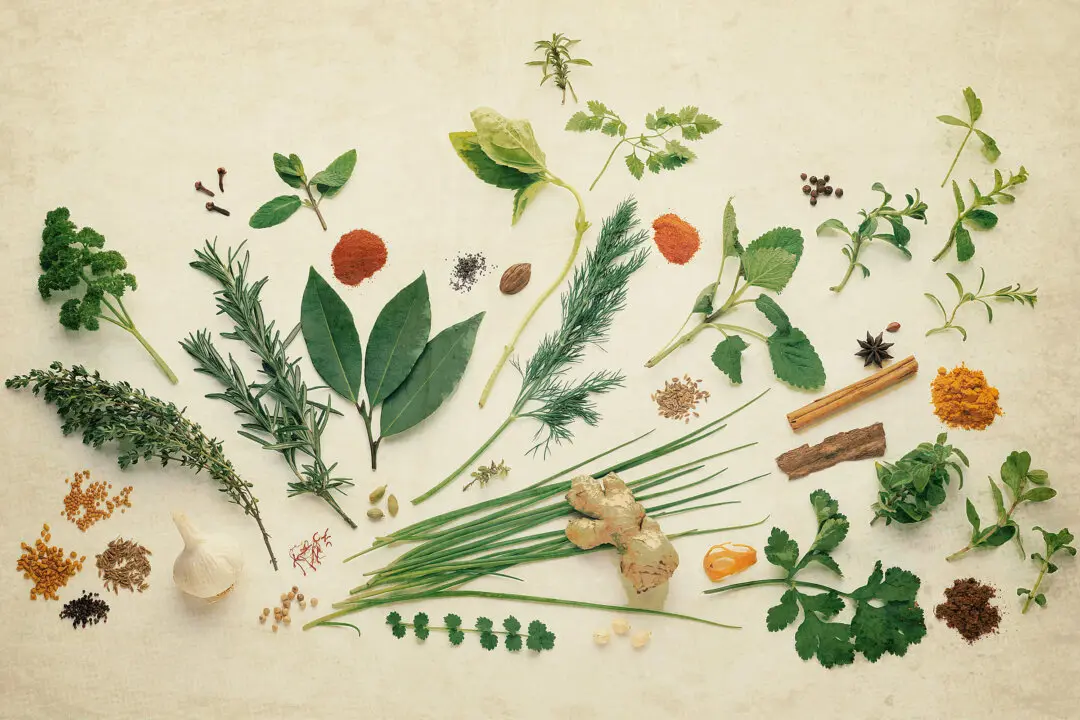Those struck with Parkinson’s Disease, a condition of the nervous system, will suffer a slow progression of debilitating symptoms throughout the remainder of their lives. Scientists are actively seeking remedies—some of which have been found in Chinese herbs—to ease symptoms and improve the quality of life for Parkinson’s patients.
In three separate scientific studies, the ancient Chinese herb gou teng, also known as cat’s claw (Uncaria rhynchophylla), has been shown to improve the symptoms associated with Parkinson’s disease.






